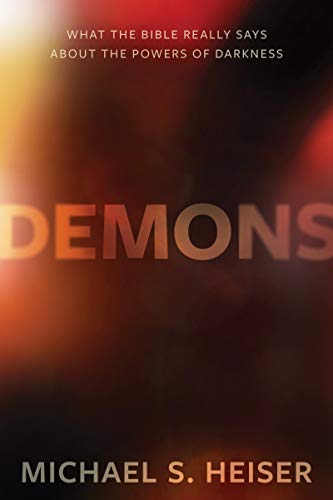BEN: You make a good point about the story about deviled ham (i.e. the Gerasene demoniac). If the story is in its origins about political rejection of imperial Rome, this does not comport with the fact that Jews in Jesus’ era were not all worked up about Gentile rulers in pagan places. It was their own land that they had concerns about. On the other hand, if Mark is written to largely Gentile converts in Rome after the martyrdoms of Peter and Paul at the hands of an emperor, surely there might be an indirect critique of imperial over-reach, coupled with the notion that Jesus was Lord even in pagan lands. Comment?
MICHAEL: Do you ever run out of puns!? I think either context is workable. It seems to me that the orthodox minority (and the even more minor minority, the zealots) would have had a general aversion to Gentile presence. And anyone really expecting or wanting a messiah wouldn’t have thought there’d be co-existence when he arrived (or would have thought co-existence was tolerable). I don’t think either-or distinctions about what “the Jews” were thinking were ever really as neat as we might like to imagine.
BEN: It seems reasonably clear from Ephes. 3 and 6 that Paul indicates that the cosmic locale of the powers and principalities is in the heavenly regions, not in Sheol or Tartarus, and of course he is saying this long after the Ascension of Jesus. Comments?
MICHAEL: I take “heavenly regions” to refer to “the spiritual world” in general – in this case, with the added sense of not being bound to one “place” in that world – note again the problem of having to use spatial vocabulary for a world that has no latitude and longitude). The original offenders of Genesis 6 (sons of God/Watchers) are imprisoned, so they aren’t freely roaming around the spiritual world (or any other world). The demons derivative of those guys are part of the spiritual world at large and so are free to harass and harm. But they aren’t kicking back / having a sleepover with unfallen spiritual beings. They still have a “home” in that sense – they are associated with the realm of the dead in various passages. The third group of rebels (which I think is actually Paul’s point of reference in these passages) are also free. And if they are geographical rulers, it would seem reasonable to conclude they exercise that freedom quite liberally.













